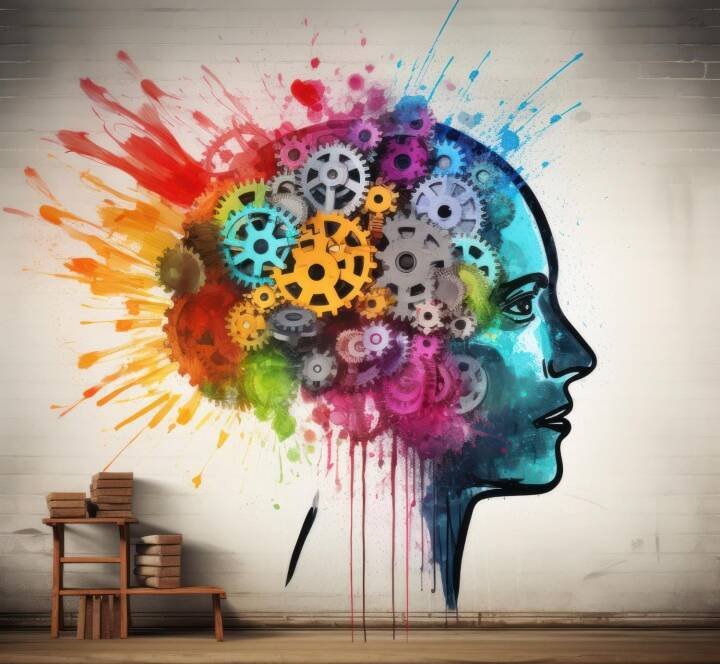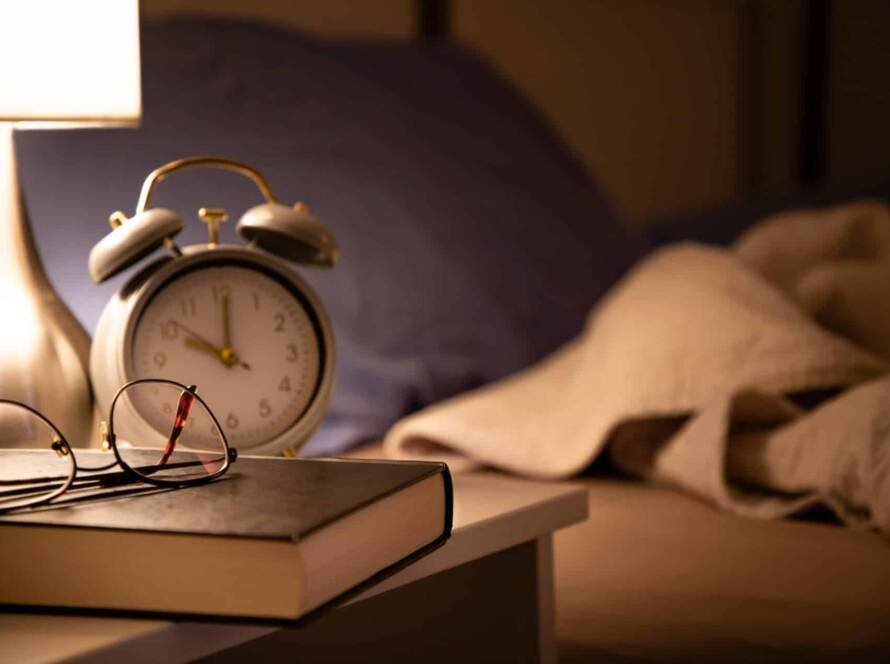What is Sleep?
Sleeping is an essential condition in which people do many things that are in fact important for their well-being and well-working while staying unaware of it. If you do not get a proper night’s sleep, it does not only feel you are dragging yourself around during the day, but it impairs your physical and mental well-being, thinking, and performance.
What are Sleep Disorders?
Sleep disorders are conditions that disrupt your normal sleep patterns. There are over 80 different sleep disorders, with major types including:
- Insomnia: Difficulty falling asleep and staying asleep. It is the most common sleep disorder.
- Sleep Apnea: A breathing disorder where you stop breathing for 10 seconds or more during sleep.
- Restless Leg Syndrome (RLS): Tingling or prickly sensations in the legs with an overwhelming urge to move them.
- Hypersomnia: Inability to stay awake during the day, including narcolepsy, which causes extreme daytime sleepiness.
- Circadian Rhythm Disorders: Problems with the sleep-wake cycle, making it hard to sleep and wake at appropriate times.
- Parasomnia: Unusual behaviors during sleep, such as walking, talking, or eating.
It is also correct to notice that whereas some individuals who report tiredness during a certain period of the day could be victimized by a sleeping disorder, there are others who do not factor in adequate time to sleep. Adults require about 7-8 hours of sleep each night, although this varies with age, physical activity, and health.
What Causes Sleep Disorders?
Various factors can cause sleep disorders, such as
- Other Health Conditions: Heart disease, lung disease, nerve disorders, and pain.
- Mental Illnesses: Depression and anxiety.
- Medications: Certain drugs can interfere with sleep.
- Genetics: Some sleep disorders run in families.
- Unknown Causes: Sometimes, the cause is not clear.
Other causes of sleep disorders are caffeine, alcohol, shift working, irregular working schedule, and aging. It is also a universal truth that elderly people have decreased sleep duration or the amount of time they log into slow wave sleep and can be easily woken up.
Symptoms of Sleep Disorders
Symptoms depend on the specific disorder, but common signs include:
- Taking more than 30 minutes to fall asleep regularly.
- Waking up multiple times at night and having trouble falling back asleep or waking up too early.
- Feeling sleepy during the day, taking frequent naps, or falling asleep at inappropriate times.
- Snoring loudly, snorting, gasping, making choking sounds, or stopping breathing during sleep, as observed by a bed partner.
- Experiencing creeping, tingling, or crawling feelings in the legs or arms, relieved by movement or massage, especially in the evening.
- Having legs or arms that jerk frequently during sleep.
- Experiencing vivid, dreamlike experiences while falling asleep or dozing.
- Sudden muscle weakness during emotional states like anger, fear, or laughter.
- Feeling paralyzed when first waking up.
Diagnosing Sleep Disorders
To diagnose a sleep disorder, your healthcare provider will use your medical and sleep history, along with a physical exam. You might also undergo a sleep study (polysomnogram), which records data about your body during a full night of sleep, including:
- Brain wave changes.
- Eye movements.
- Breathing rate.
- Blood pressure.
- Heart rate and electrical activity of the heart and other muscles.
As a result, it is essential to learn about the principles of sleep and sleep disorders to take care of patients’ health properly. Sleeping is a physiological phenomenon that every human needs to enable the body and the brain to regenerate, and any interference with the natural process may lead to a negative effect on individual productivity. There are numerous causative factors of the sleep disorders, including other health disorders/ diseases, mental health disorders/ illnesses, certain medicines, family history and lifestyles. They range from problems in being able to sleep at night to issues with sleepiness in the middle of the day. Gaining knowledge on such signs is of great importance to ensure that the right actions are taken at the right time. Sleep disorders diagnosis comprises assessment of the patient’s medical and sleep history, physical examination and sleep tests. The management involves a change in behaviour, pharmacological and other treatments, and the management of conditions. Promoting good sleep benefits physical function, mental condition, and productivity and enables individuals to take charge of their health.











